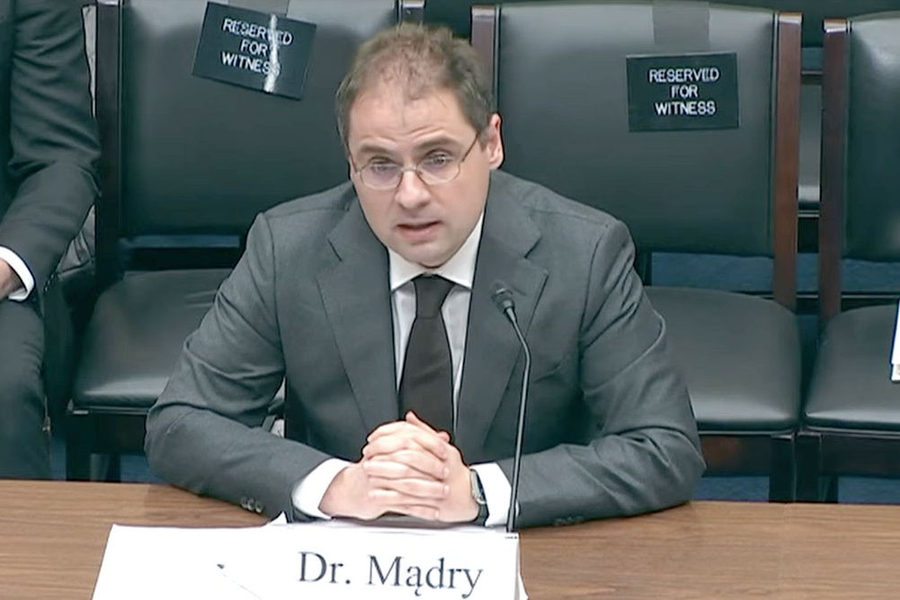The sharing of important thoughts by an expert from MIT, illuminated through a detailed speech to congress about AI Inflection Point which happened not long ago – has cast a new understanding among those who decide our laws and business bosses, emphasizing where AI stands now, and the directions it might head.
In this write-up, I look at the main points from that MIT talk, tackling tough problems, chances for success, and the must for rules that really make you think.
Understanding the Current AI Education
We see it now in the AI Education
When the professor began speaking, a full image of how AI is today was shown to us, highlighting how there’s been fast progress in things like machines that learn, computer brains that link up like ours, and robots that can understand words leading to AI popping up in a bunch of areas, including places where people get better, where money matters, fixing things, and teaching.
Is what we know enough to make the right choices for the future, I wonder?
Ethical Considerations in AI Development
We talked about AI.
During the meeting, it was discussed by the members how important it is for AI to be fair and honest; everyone agreed on being careful with AI and how we should make sure it’s built right; problems could happen if we’re not careful.
I think it’s key as AI keeps getting smart that we make sure it’s always playing fair.
Challenges and Risks in AI Deployment
While highlighting the promises of AI, the professor did not shy away from acknowledging the challenges and risks associated with its deployment. Issues such as data privacy, cybersecurity, and the potential for job displacement were discussed with candor. It was emphasized that addressing these challenges requires collaborative efforts between policymakers, technologists, and the public to create a robust regulatory framework that balances innovation with societal well-being.
The Role of Government in AI Regulation
A significant portion of the professor’s address was dedicated to the role of government in AI regulation. The professor argued that governments should play a proactive role in shaping AI policies to avoid a fragmented approach that might hinder the technology’s responsible development. Striking the right balance between fostering innovation and safeguarding public interests is a delicate task that necessitates collaboration between academia, industry, and government bodies.
International Cooperation in AI Governance
The global nature of AI development was a recurring theme in the discourse. The professor emphasised the need for international cooperation in establishing standards and norms for AI governance. With AI transcending borders, a harmonised approach is crucial to ensure consistency and prevent regulatory gaps that could be exploited. The professor urged Congress to engage in diplomatic efforts to foster collaboration with other nations in shaping the global AI landscape.
Investment in AI Research and Education
To navigate the complexities of AI, the professor advocated for increased investment in research and education. A well-informed society, equipped with the knowledge to understand AI, is pivotal for responsible adoption. Additionally, fostering a robust research ecosystem ensures that the technology evolves with a deep understanding of its societal impact.
AI Inflection Point and the Workforce of the Future
Addressing the concerns surrounding job displacement due to automation, the professor highlighted the need for a proactive approach in preparing the workforce for the AI era. Reskilling and upskilling programs, in collaboration with industries, were proposed as essential initiatives to ensure that the workforce remains adaptive and relevant in the evolving job market.
Conclusion
The AI inflection point is upon us, and the insights shared by the MIT Professor in their congressional address provide a roadmap for navigating this transformative era. The challenges and opportunities presented by AI necessitate a thoughtful and collaborative approach from policymakers, industry leaders, and the public. The discourse underscored the urgency of establishing a robust regulatory framework that fosters innovation while safeguarding ethical considerations.
As we stand at this AI inflection point, it is imperative for Congress to heed the insights presented and take decisive action in shaping the future of AI. The responsible development and deployment of AI technology will not only determine its success but also shape the trajectory of society as a whole. By embracing a holistic and collaborative approach, we can ensure that AI becomes a force for good, contributing to the betterment of humanity in the years to come.

